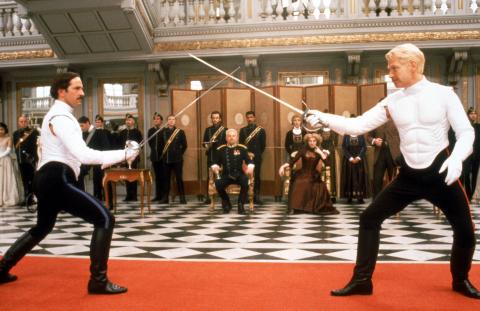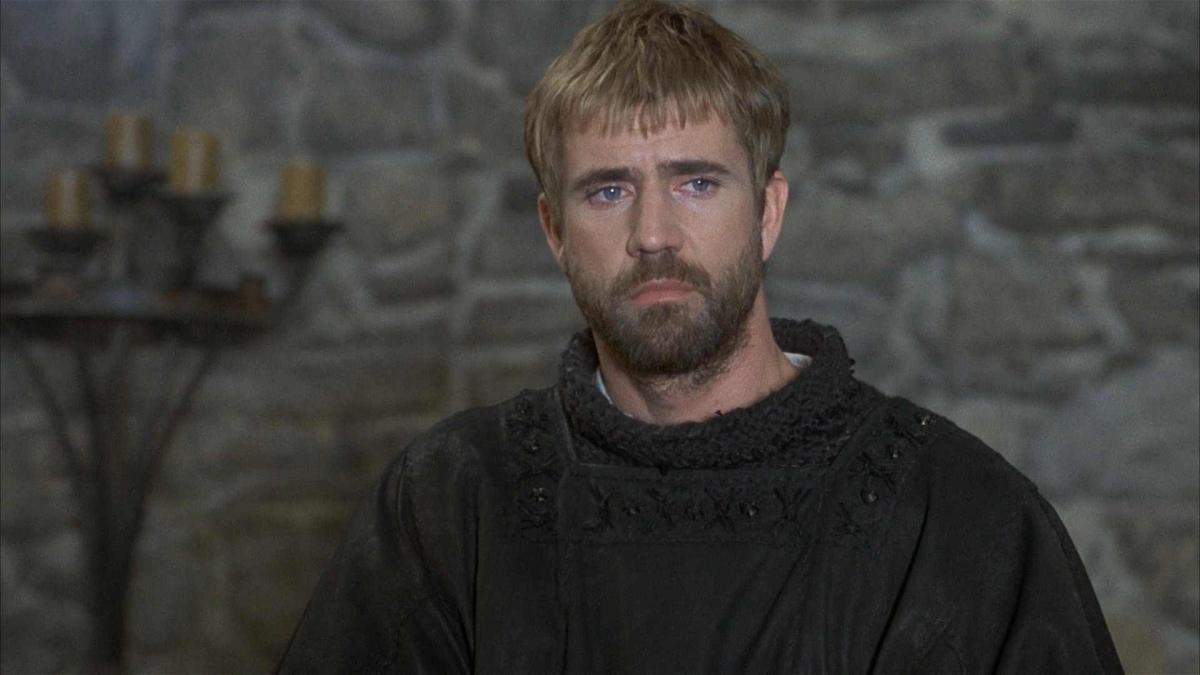The images of Horatio and Fortinbras in the tragedy

In his tragedy "Hamlet" by William Shakespeare clearly reflect the incompatibility of high ideals and lofty dreams with reality. In the image of Hamlet himself, the author embodied all the characteristics and qualities of the humanist Renaissance. He is equally inherent in their genius, and their mistakes. But the poet is not limited to disclosure of only one human destiny, and the same character. Heroes of the tragedy, even the secondary, particularly the vital truthfulness and unique personality. Each of them has its own life, its own story and its own drama. For all this, they better help to disclose details of the nature of the protagonist, and therefore more fully reflect the main idea of the poet.
From the words of Ophelia we learn that the early Hamlet was
Words scientist, warrior, sword,
Light and hope of our country,
The perfection of the mirror and the sample.
But above all he was a man. And this characteristic for himself the highest recognition. So, in the words of Horatio that his father was "the true king", Hamlet retorts. He was a man in everything.
And the Horatio hero's best friend, precisely because he sees in it a real person, not touched the universal moral corruption, not become a "slave of the passions", which seamlessly fused "blood and mind". It is staid, slow and steady young man, for which he praises Hamlet:
You are a man,
And that the suffering is not afflicted
And with equal gratitude accept
The anger and the gifts of fate.
But Horatio "only the observer, life had not set him any task requiring the exertion of mental powers", as is the case with Hamlet.
Between these two characters the heir to the throne and a student a huge difference. In fact the relationship between them could only be the relationship between master and servant. And Horatio humbly accept this position:
Of course, my Prince, your humble servant.
But Hamlet retorts:
What are you a servant? We are friends.

So could say not everyone. The majority of scientists humanists time cautiously treated the natives of the people. However, the hero of Shakespeare's values people not by birth, but by spiritual qualities. He has breadth of mind, acute observation, and with that simplicity and modesty. Imbued with faith in man, in high ideals, and Hamlet only wishes good and happiness for all decent people. It is absolutely devoid of aristocratic pride and arrogance. He is ready to hear the words of Horatio, even ask his opinion, because it sees it as equal in spirit. And Horatio fully justified his confidence: seeing that Hamlet dies, he is willing to go along with him, but it stops the request of the hero who devotes its other important role is to tell people the truth about him after his death. And perhaps this really will teach people to appreciate life, to better understand the shades of good and evil.
From the entire Royal entourage dying Hamlet sees a decent man only in Norwegian Prince Fortinbras, the only legitimate heir to the Danish throne. It is to him he gives his voice:
My voice dying in his.
Fortinbras, of course, is much higher than the villain Claudius, but he still cannot understand all that is understood Hamlet.
Shakespeare doesn't tell us whether that resolves the terrible problem, which the Danish Prince, rooted out all evil after the death of Hamlet. His death turns out to be the apotheosis: Fortinbras orders to bury him as a warrior and a fighter.
Fortinbras knows is bad, for what and against whom were fighting Hamlet, but is aware that the hero deserved to have his memory as a fighter, fallen in a difficult struggle.
We conclude that the ideals of the Prince was destined to be soon, though Horatio and Fortinbras can continue his work, his struggle with the unjust fabric of life, try to take responsibility for saving the world from the prevalence of hypocrisy and evil.
